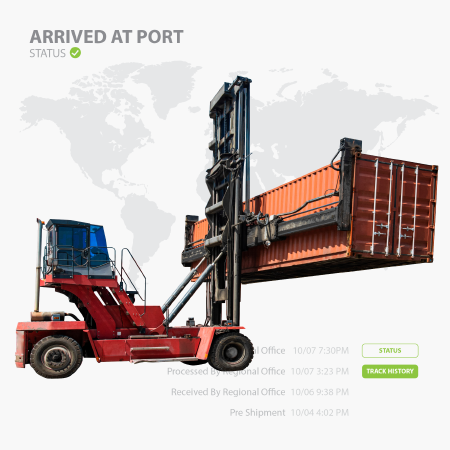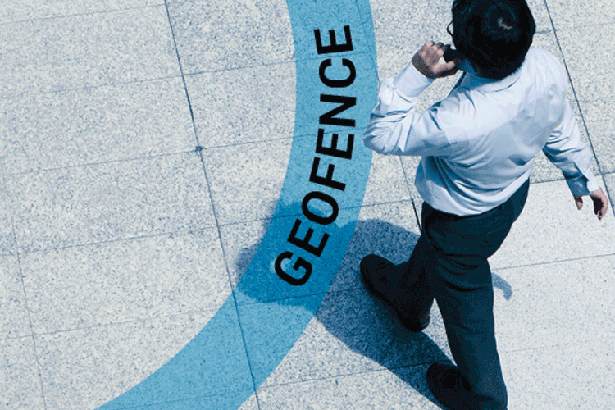Skill-based and peer-to-peer gaming compliance: How to keep payment processors happy
February 5, 2025

Skill-based and peer-to-peer (P2P) gaming are quickly growing markets, offering players a blend of competition, strategy, and the chance to win rewards. But with the rapid rise of real-money games (RMGs), compliance challenges are becoming more complex. Payment processors are scrutinizing these games closely, imposing stricter location and verification requirements to ensure regulatory compliance and prevent financial risks.
For gaming providers, complying with federal and local regulations, as well as keeping payment processors satisfied, means tackling key compliance requirements head-on. This article explores current trends in gaming compliance and how verified device location from trusted geolocation solutions can help businesses navigate this evolving landscape.
Understanding skill-based and P2P gaming compliance challenges
The legal classification of games as “skill-based” or “games of chance” determines how they’re regulated. Games of skill, like Solitaire Cube or Dominoes, rely on a player’s abilities, while games of chance, like roulette, depend on luck. This distinction is critical because games of skill generally fall outside gambling regulations in many states. However, states have varying definitions for what is considered a game of skill versus game of chance, so compliance becomes more complicated due to potential gray areas.
Payment processors like Visa, PayPal, and many others are increasingly cautious about facilitating transactions in skill-based games. They face significant liability if a game classified as “skill-based” is later deemed as gambling. As a result, processors demand robust geolocation and anti-spoofing solutions to ensure that funds aren’t transferred across state lines and aren’t being used for play in states that don’t allow a specific game, particularly in states with stricter regulations like Nevada and New Jersey, which already strictly regulate certain skill-based games.
Another growing challenge is the requirement to verify players’ identities, age, and funding sources to comply with federal AML regulations. While identity verification is typically managed by separate vendors, location data plays a crucial role in flagging suspicious activity.
Why trusted geolocation solutions are essential
In the past, IP location services were a foundational tool for compliance. Unfortunately, these solutions are no longer sufficient on their own. Fraudsters increasingly use non-traditional VPNs and proxies to spoof their locations, thus bypassing basic IP checks. To combat these fraudulent behaviors, many payment processors now require verified geolocation solutions that include, at a minimum:
- GPS and Wi-Fi data: These technologies offer greater location accuracy, ensuring that players are physically situated within permitted areas.
- Anti-spoofing technology: These solutions detect tampered devices or attempts to mask true locations through hard-to-detect VPNs, proxies, or other tools, helping ensure compliance with state and federal laws.
Locance’s multi-source geolocation solutions integrate IP data intelligence, browser and app-based location services, and device profiling to offer unparalleled robustness. For instance, Locance’s browser-based solutions validate a user’s real-time location using GPS, Wi-Fi and other means, while device profiling detects remote access, virtual machines, and suspicious behavioral patterns.
Key trends in skill-based and P2P gaming compliance
As skill-based and P2P gaming continue to grow, so do the expectations for regulatory compliance and risk management. Payment processors and regulators are increasingly focused on ensuring that gaming providers meet stringent requirements to protect users and avoid legal pitfalls. Staying ahead of these trends enables operators to safeguard their business, building trust with payment providers and regulators while preparing for the future. The key gaming compliance trends shaping the industry today include:
- Heightened scrutiny from payment processors: Payment providers are imposing stricter conditions, requiring advanced geolocation services to ensure that real-money games (RMGs) comply with federal regulations like the Federal Wire Act. Essentially, businesses need to demonstrate that their players are not engaging in interstate gambling or playing a game in a state that does not allow it or deems it gambling.
- Anti-spoofing is non-negotiable: Anti-spoofing capabilities are now a must-have for gaming providers. Payment processors demand solutions that can detect VPNs, proxies, and other methods of location manipulation.
- State-specific compliance pressures: States with robust casino industries like Nevada and New Jersey often prohibit certain skill-based games outright or oversee their operation under their online gaming regulations. Gaming providers must ensure that players from these states cannot participate, or that they do so under their jurisdiction’s strict regulations, which requires reliable geofencing and precise location validation.
- Potential for stricter federal regulations: While there are currently no federal and few state licensing requirements for skill-based games, businesses must prepare for potential regulatory shifts at both the federal and state level. For example, the Pennsylvania Supreme Court is expected to rule on a case regarding the legality of skill-based games, which could impact their regulation in the state. Implementing scalable and customizable compliance solutions now will help future-proof operations.
Ensuring skill-based and P2P gaming compliance for today and tomorrow
Navigating the compliance challenges of skill-based and P2P gaming requires more than meeting the minimum standards. Payment processors increasingly demand robust, multi-layered solutions, including precise geolocation and anti-spoofing technology, to ensure regulatory compliance and safeguard financial transactions.
Locance’s geolocation services are designed to meet these demands head-on. With capabilities like precise location validation using GPS and Wi-Fi, anti-spoofing technology to prevent fraudulent activity, and a scalable compliance framework that evolves with regulatory changes, Locance equips gaming providers to stay ahead of the curve.
Ready to take the next step? Contact Locance today to learn how our geolocation solutions can help your business thrive in this dynamic industry.








